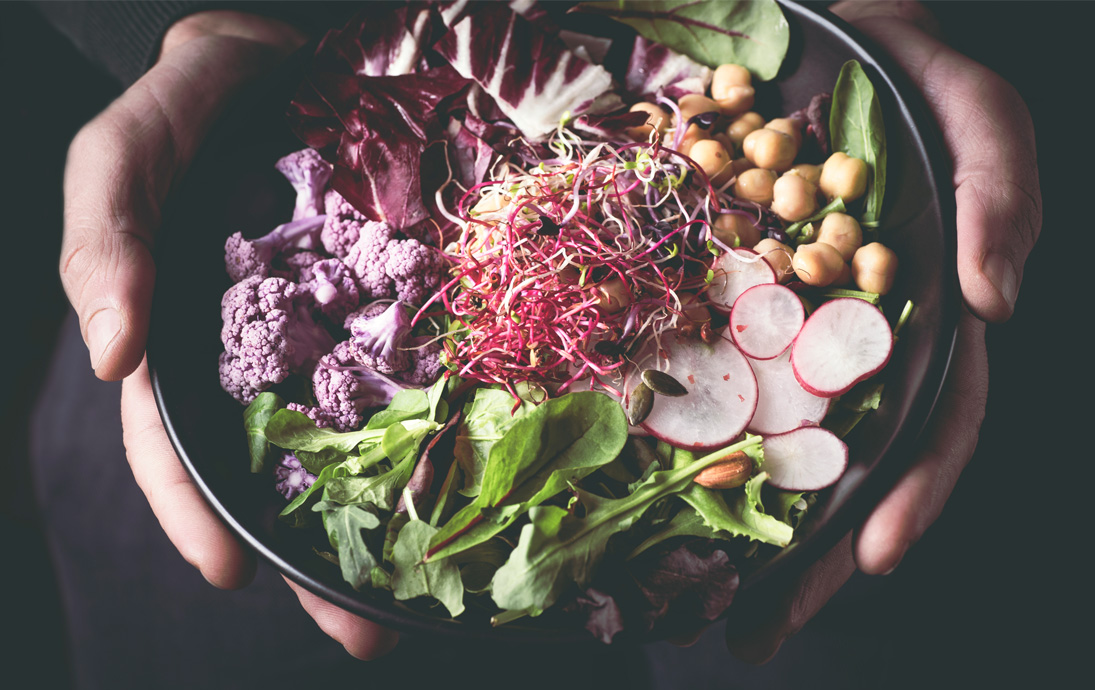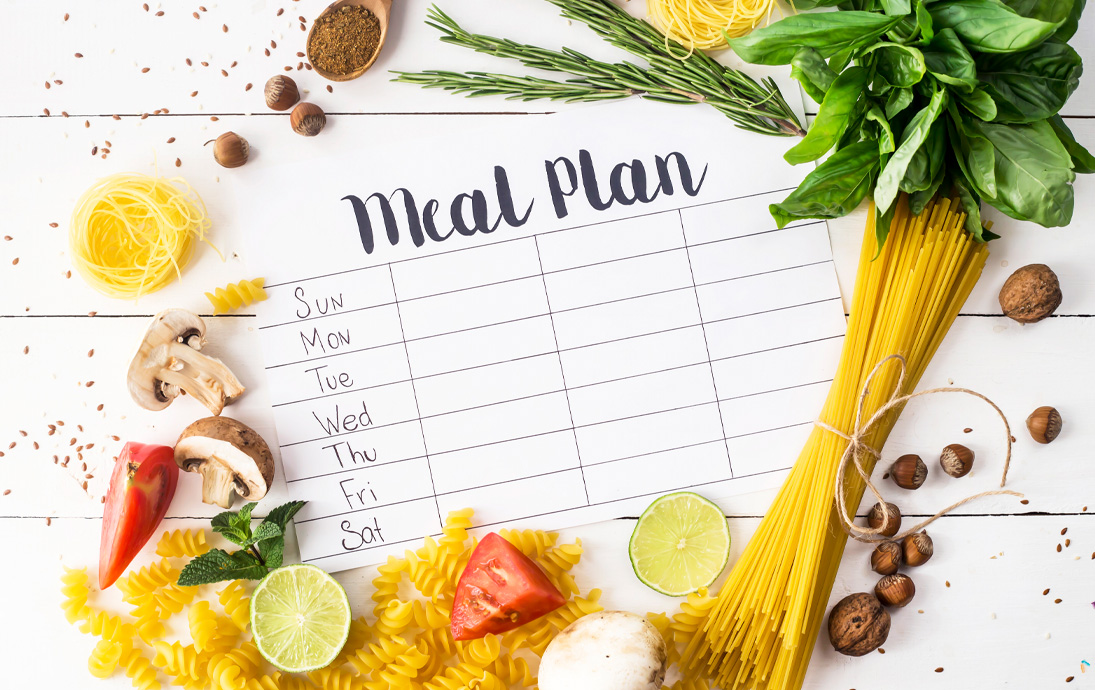
How do you budget for healthy food when you have limited time, resources and don’t like to “shop”? The following are some strategies that keep your healthy diet on budget and help reduce food waste!
- Compare prices at different stores. Some stores offer organic foods without the hefty mark-up. Take the time to compare prices and choose these stores when possible.
- Prioritize coupons wisely: Clipping coupons and shopping during sales can save you money, but be selective. Focus on coupons for healthy items you regularly buy to avoid false savings. Consider travel time and cost when shopping at multiple locations.
- Purchase in bulk: Look for good sales and take advantage of bulk food stores, especially for items like grains, dried beans, and meat. If you cook for one or two people, divide bulk purchases into usable portions before storing. Avoid highly processed foods when possible.
- Choose canned and frozen fruits and vegetables. These can be nutritious alternatives but check for added sugars and sodium. For the best nutritional value, buy fresh produce in season and consider visiting farmers markets.
- Don’t overlook canned fish: It’s a healthy and pantry-friendly option.
- Avoid pricey trendy foods: Focus on nutritious options rather than getting caught up in expensive food trends.
- Keep a list of quick and healthy meals: Having a list of go-to meals can help you stay on track when your “meal plan” falls apart. Check for perishable items that may spoil and incorporate them into your upcoming meals to avoid waste.
- Prepping in advance: Clean and prep vegetables, portion out meat for immediate use or freezing, and pre-cook grains or rice. This way, you’ll have ingredients ready for quick salads, stir-fries, or grain bowls.
- When you buy grain in bulk, you may want to pre-cook grains or rice to be used in a wide variety of meals. Simply swap out proteins and sauces during your week. Try different grains. You can also freeze pre-cooked grains as needed.
- Purchase perishable foods in appropriate quantities: Only buy what you’ll use, unless you plan on freezing or preserving them.
- Utilize what you have: Take stock of the items in your refrigerator that are on the verge of spoiling and find ways to incorporate them into your meals. You can always cook and freeze vegetables to prevent waste.
- Explore plant-based alternatives: Use beans or tofu instead of meat in your meals. They’re often more budget-friendly and still provide valuable nutrients.
- Avoid pre-cut and pre-portioned foods. Save money and often get better quality by buying whole vegetables, meats and cheeses. Portion food yourself instead of buying pre-package to save money and reduce plastic waste.
By following these tips, you can budget for healthy food, simplify your shopping process, reduce waste, and ensure that you have nutritious meals without spending excessive time or money.


